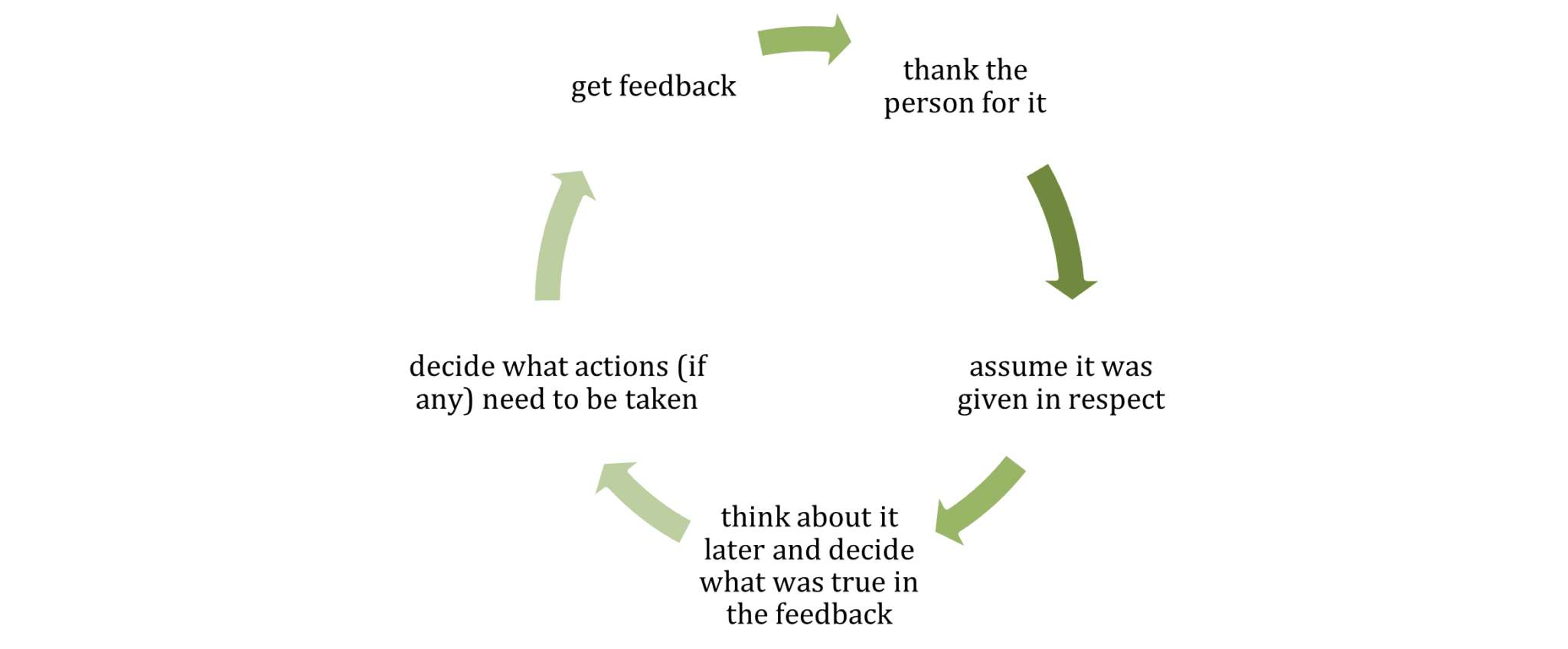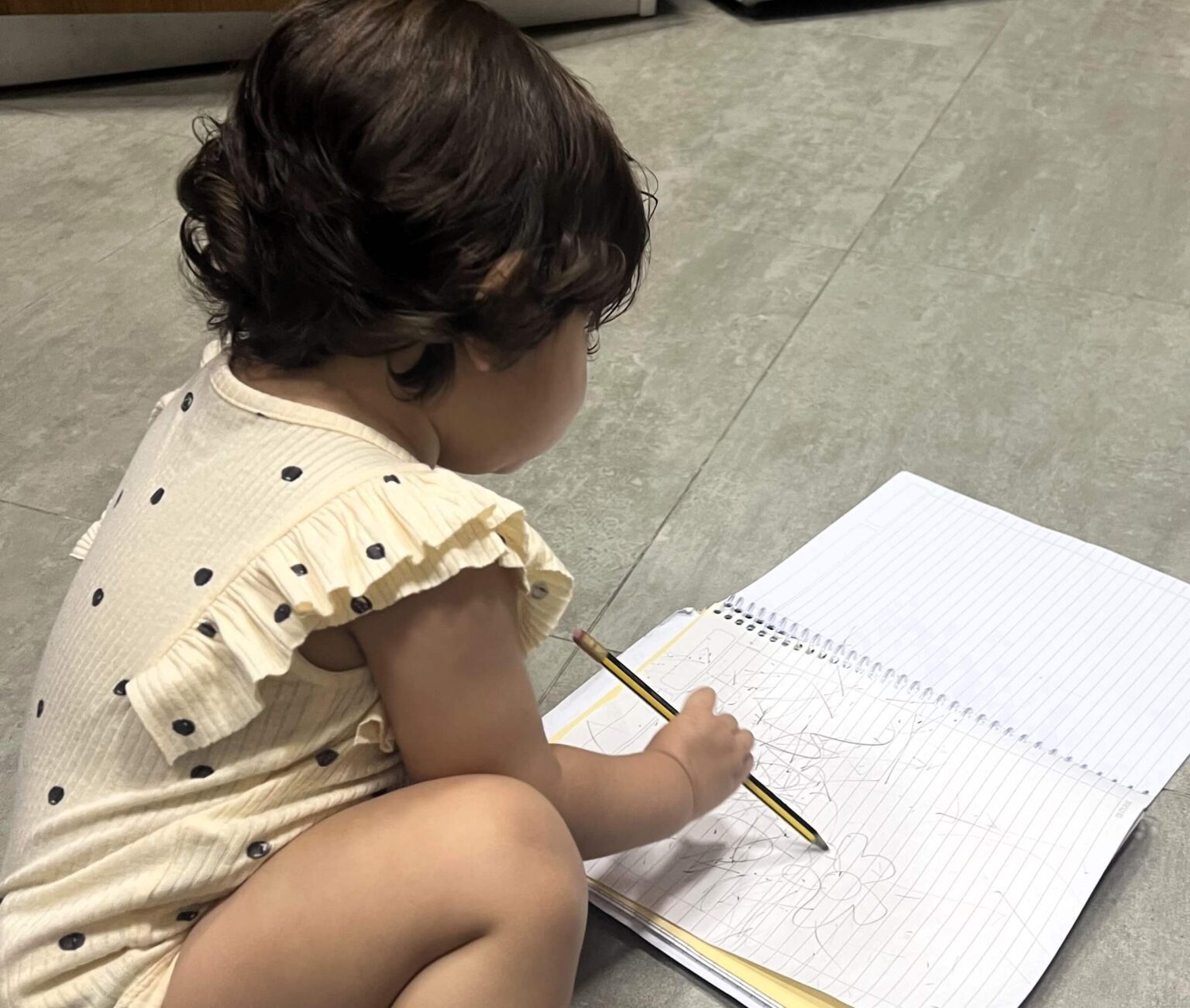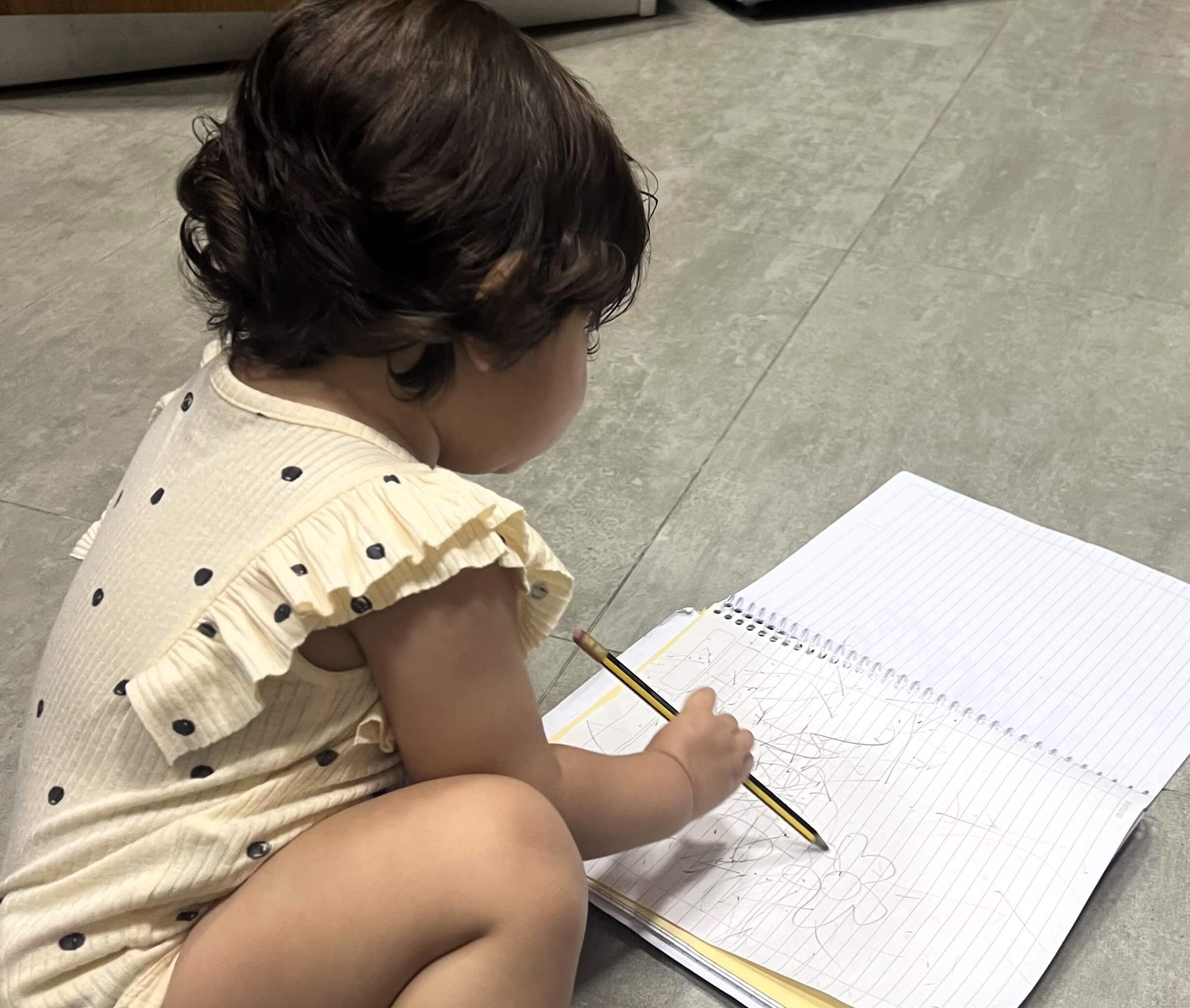Remember that you are your child’s adult figure
- Children need to feel they are safe and protected and they need to depend on the adults in their lives, regardless of their intellectual capacity. Avoid assuming that your child can make their own decisions about the best schooling or activities for him.
- This undermines your authority in their life and their confidence in you. This puts too much of a burden on the young person.
Provide intellectual challenges in and out of school
- Gifted children learn to underachieve in the early grades. Accomplishing what their classmates accomplish is often done with great speed, no effort, and no practice.
- Test anxiety, perfectionism, and fear of failure may all be associated with this early conditioning and lack of challenge in school.
- Give your child chances to be frustrated, to need to work hard and to take extra time to figure something out. Try to arrange this opportunity as often as possible in the school setting.
Challenging doesn’t mean over-scheduling
- Find ways to challenge your child without drowning them in additional scheduled activities.
- Give your child exposure to many different skills and activities that may uncover talent and passion in your child.
- Give your child the freedom and opportunity to make choices regarding clubs, activities, and extra-curriculars.
Foster an “AND/WITH” focus versus an “EITHER/OR” perspective
- To introduce and maintain an authentic, comprehensive, and empathic view, it is important to moderate good with bad, strength with weakness, positive with This is across thought, word, and deed.
- Allow your child to really pursue their highest interests and abilities instead of restricting them to what is normative.
- Simultaneously, help your child recognize the necessary “hoops,” i.e. which skills and knowledge will be important for anyone. Then, believe it yourself, let go of total perfection, and help them learn and grow at their own readiness level and pace.
Avoid exemplifying your child for other kids to emulate/compete with/follow
- Each person is unique, and natural abilities often affect interests and goals as much—or more—than effort.
- Comparisons might make your child tone down his abilities so as not to feel freakish or disliked. It may also diminish empathy and connectedness and increase obnoxious pride.
- Comparisons can put other children in an untenable, unfair position.
Helping your child know themself better will not lead to obnoxious pride
- Knowledge by itself is not harmful. How knowledge is used and viewed is what makes the difference between harm and health.
- When explained well, your child will understand true giftedness and develop a more open understanding and acceptance of others.
- The wiser the person, the more they will become aware of how much they do not yet know. This makes for a humbling experience.
- Given our inherent need to look up to parental figures, children are less likely to feel superior to their parents. Parents of gifted children are also better equipped than they may realize. Keep in mind that giftedness can be both inherited and nurtured.
Purposely enjoy your child; have fun!
- One of the hallmarks of giftedness is sense of humor. Other common traits are excellent vocabulary and high levels of perceptivity.
- You and your gifted children have much in common. As you get to know each other and grow together, take time to appreciate what a gift you are to each other.
Set realistic expectations
- “Gifted” does not necessarily mean that your child excels in all areas. Having such an expectation leads to confusion since the child’s experienced abilities and expectations do not match.
- While it’s important to discover and nurture your child’s strengths, it’s equally important to be there for support when they need it.
Help sharpen your child’s social skills
- Sometimes gifted kids are also high achievers, blessed with great social skills too. Other times, that asynchronous brain development can lead to gifted kids struggling socially, which can potentially lead to mental health issues down the track as well.
- It’s helpful to encourage your child to learn to listen to others and put themselves in their shoes. Find ways to get them joining activities with other kids and having healthy interactions.
Allow your child to struggle
- Eventually, most gifted kids will come up against some task that doesn’t come easily to them. It can be tempting to come to the rescue and allow them to quit but letting them struggle sometimes is a good thing.
- Where a kid has to work their own way through a challenging task, they will either end up doing well and understanding the value of hard work or they’ll fail.
- Many gifted kids have a huge fear of failure, but if they do fail, they can learn that it’s not the end of the world! Be there in support as you also would if they passed.
Teach Humility
Even if we don’t know for sure what the root of arrogance is, and even if there is no arrogance, the teaching of humility is critical in the development of a healthy, happy human.
Here are a few creative suggestions:
- Discuss famous quotes regarding humility. For e.g.: “A true genius admits that he/she knows nothing.” ― Albert Einstein or “Every person that you meet knows something you don’t; learn from them.” ― H. Jackson Brown Jr.
- Role play problematic situations (playing with someone who wants to play with Lego when you want to play with Lincoln Logs, etc.)
- Practice what you preach. This could take the form of being mindful of your own inadvertent tendency to foster humiliation and embarrassment. It may also involve apologizing and expressing gratitude across relationships while your child is witnessing these interactions.
- Practice sharing good news or things you are excited about without comparison.
- Practice seeking feedback and responding to it with kindness and acceptance. Explain to kids that thanking others for feedback does not mean that you have to agree with all of it. The best cycle is:





